Research of the pine seed extract (SPN)
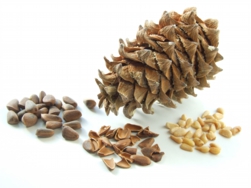 In the “Compendium of Materia Medica” renowned Chinese doctor and pioneer of herbal medicines, Li Shizhen discusses the significance of pine in modern medical practices. Li explains how the each part of the plant can be utilized including the pine’s bark, pollen, resin, needles, pine cones, etc. The pine is widely consumed in China and Korea as an analeptic and is also regarded as the secret to perennial youth and long life.
In the “Compendium of Materia Medica” renowned Chinese doctor and pioneer of herbal medicines, Li Shizhen discusses the significance of pine in modern medical practices. Li explains how the each part of the plant can be utilized including the pine’s bark, pollen, resin, needles, pine cones, etc. The pine is widely consumed in China and Korea as an analeptic and is also regarded as the secret to perennial youth and long life.
Since pine needles of the pine 20,000 years old be excavated from the remains of Nukigawa in Ogura, Kyusyu were still elastic, it supported the saying that pine was representative of the eternal youth and longevity in ancient time of Japan.
Among many varieties, Japanese while pine has been especially valued, and in Kyushu region, there is a folklore the pine’s pine cone decoction is effective for stomach cancer.
This “secret” of eternal youth is due to the seemingly everlasting nature of the pine’s essence. For example, the pine needles dating over 20,000 years old were excavated from the remains of Nukigawa in Ogura, Kyushu and still retained their natural elasticity! Among many varieties, the pine is especially valued. In the Kyushu region, Japanese folklore suggests that a concoction made from its pinecones serves as an effective treatment for stomach cancer.
Since ancient times, mankind would use their hands to break open pine seeds one by one. Now we can access the benefits of pine much easier with the patented invention of Masazumi Yoshihara which automatically processes the resources from within the plant. Yoshihara is distinguished in his field as an innovator in the pine research and has made rapid progress in his critically acclaimed works below.
1. Development of anti-infectious disease agents from the pine seeds
2. Development of anti-AIDS viral agent from the nutshells of the pine seeds
3. In depth research in the characteristics of nuts and the oil extraction process in pine nuts and more. To clarify, the mechanism used to process different elements within the pine was designed with the purpose to combat tumors. It was designed under the instruction of Professor Kunio Konno hailing from the medical department of Showa University. This group was originated by Dr. Hiroshi Sakagami, and later discovered that after meeting with Masazumi Yoshihara, the active ingredients in both pine cones and pine nut shells are very similar.
To clarify, the mechanism used to process different elements within the pine was designed with the purpose to combat tumors. It was designed under the instruction of Professor Kunio Konno hailing from the medical department of Showa University. This group was originated by Dr. Hiroshi Sakagami, and later discovered that after meeting with Masazumi Yoshihara, the active ingredients in both pine cones and pine nut shells are very similar.
Professor Konno, Doctor Sakagami, and more have discovered that pine cone extract contains many hidden benefits such as cytotoxic substances, macrophage-activating material, carcinostatic polysaccharides, and even a human myeloid leukemia cell strain inducting differentiation similar to a macrophage cell strain.
After that, profound anti-cancer, anti-viral, anti-bacterial, and anti-parasitic activity were confirmed in the extract of pine tree seed. They further purified the fractioned component of the extract. They found that the variety of its pharmaceutical effects were attributed to acid poly saccharide. One of its comprehensive molecular structures was found to be comparable to lignin. Furthermore, they performed the collaborative project with Professor Yutaka Kawazoe from Nagoya City College and found that the synthesized lignin also had same kind of effects.
In the research of antivirus agents, cultivation cells were used and remarkably withstood the test of HIV, herpes, and influenza viral agents. In other words, it acts to suppress the multiplication of AIDS within the system.
With a corporation of Doctor Ishida, Japan Vaterinary University, the experiment regarding the antiAID virus effect of the extract substance from the pine seeds was conducted by inoculating cat AIDS virus to cats to be infected, and using these FIV infected cats by injection and giving oral administration of the extract substance from the pine seeds.
Other experiments with the AIDS virus among felines were conducted with Doctor Ishida at the Veterinary University of Japan. These cats were first inoculated with a feline strain of HIV via injection and were then administered an oral dose of the pine extract.
<Result>
1. Due to the inoculation of the virus, FIV in the blood stream became positive. As a result of administering the pine extract, the blood test became negative after the 40th day. However, when stopping the medication, the virus in the blood stream became positive again, but when continuing the medication again, it returned negative in about a month. In other words, the agents within the extract are able to miraculously restrain the virus while in the system, but must continually be administered in order to work. It was confirmed that FIV was found negative in the blood of seven cats who died during research.
2. Two cats were inoculated the virus while giving the extract substance were negative on their blood. In other words, they were not infected. Conceivably the power of antiinfection was increased.
Two cats were inoculated with the virus after already having taken the white pine extract and then proceeded to test negative. In other words, they were never infected by the HIV virus. Conceivably, the power of anti-infection was increased.
3. On the other hand, another group of cats who were not giving the extract substance died within 4 days to 100 days.
On the other hand, another group of cats who were not given the white pine extract died within 4 to 100 days.
4. One Japanese man started to take the extract substance of the pine seeds after he could not bearable for the side effects of antiviral drug. His CD4 in the blood was restored to more than 370 by the beginning of the next year.
One Japanese man began to consume the extract of the Japanese white pine seeds due to the unbearable side effects of an antiviral drug. The CD4 in his blood stream was restored to more than 370 by the beginning of the following year.
By the result above, the extract substance the pine seeds was presumed to save AIDS patients. We are hoping to help patients who live in the fear of death sooner possible by researching and analyzing its data.
In conclusion from the above, the extract of the pine seeds is presumed to save AIDS patients. We are hoping to rescue patients in need and who live in fear of death by continuing to research and analyze this incredible natural medicine.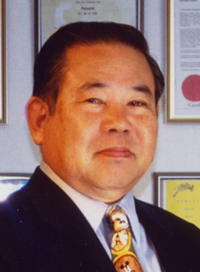 Masazumi Yoshihara has achieved excellent results which can be observed below through continuous research and development of the pine for nearly 30 years.
Masazumi Yoshihara has achieved excellent results which can be observed below through continuous research and development of the pine for nearly 30 years.
- Discovered machine to extract pine nut oil.
- Researched the characteristics of pine nut oil through joint development
- Conducted medical research on the active ingredients within the pine nut and nut shell
- Participated in collaborated research of “anti-HIV virus from the plant seed agent” with Tokyo Medical and Dental University and Mr. Naoki Yamamoto who is the director of the National AIDS Clinical Center
- Discovered the “method of extraction for physiological active substances”
- Joint research in the usage of pine nut extract residue and more!
In 2007, Masazumi Yoshihara was laid to rest.
Click here for Masazumi Yoshihara’s personal history
"Why I began to research the pine nuts."
clip of our research data
Research Institutes, Corroborators, and more…
About the improvement of CD4 numerical data
Since 2005, pine nut extract has been taken by victims of HIV in Thailand. They have been tested for CD4 (CD4-positive T lymphocyte) regularly. A healthy person’s CD4 level is between 700 and 1300, however the HIV infected people of Thailand can have CD4 levels as low as 13 or 43. After consuming the pine nut extract, an improvement in these numbers is seen.

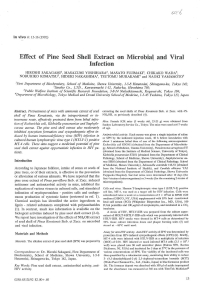
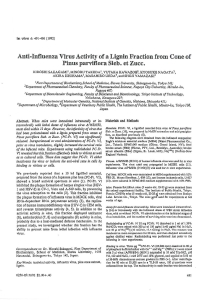
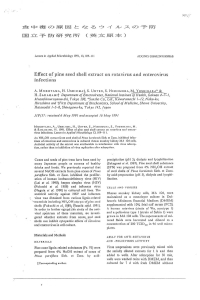
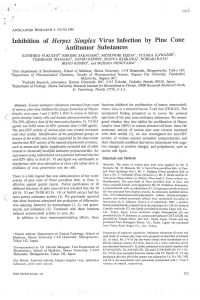
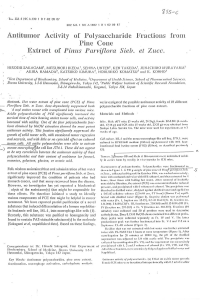
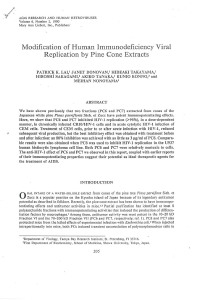
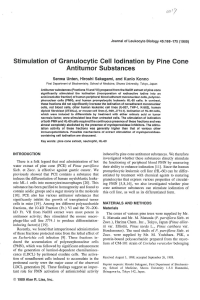
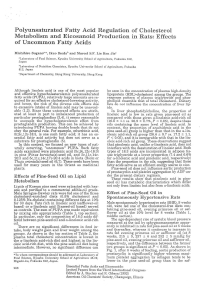
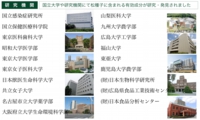
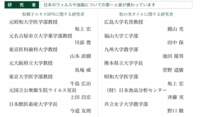
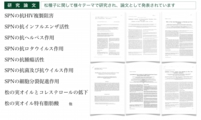
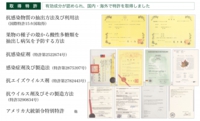
 HOME
HOME